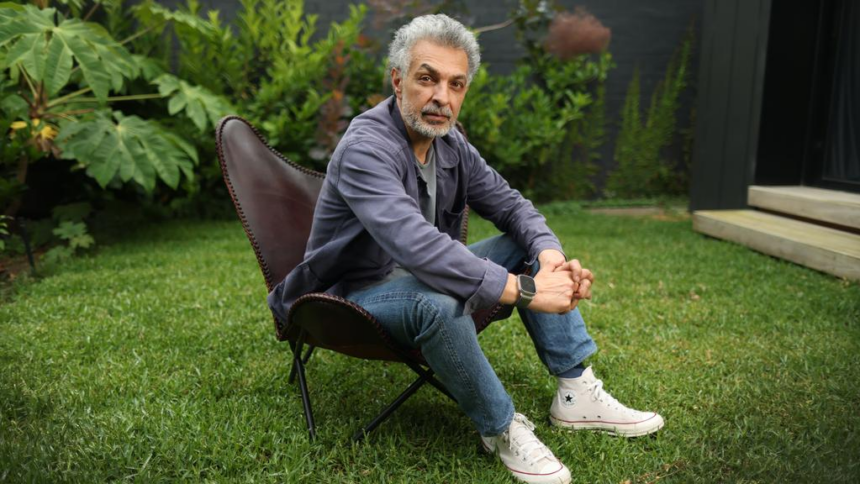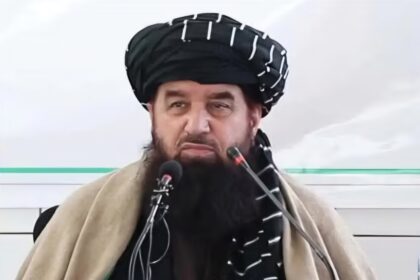RASC News Agency: Saad Mohseni, founder of the Moby Group and a prominent figure in Afghanistani media, has voiced strong criticism of the Taliban’s repressive policies on culture and public life, stating that the group has systematically deprived the Afghanistani people of joy, artistic expression, and cultural engagement. In an interview with the British newspaper The Guardian, Mohseni denounced the Taliban’s decision to shut down Afghanistani Starcthe country’s most beloved musical talent show as emblematic of a broader war on cultural freedom. “The Taliban are enemies of happiness,” he remarked. “On that show, women could sing behind a curtain and the public could vote for them. The Taliban have completely banned such forms of expression.”
He went on to argue that these prohibitions are indicative of a deliberate ideological campaign to suppress joy, creativity, and the public’s right to cultural participation. Under the Taliban’s rule, Mohseni noted, there is no longer any meaningful space for artistic or cultural expression, particularly for women and the youth. Although Mohseni is often seen as a pragmatic voice with prior channels of communication with the Taliban, he clarified that the group is far from ideologically uniform. “The Taliban are not a monolithic bloc,” he explained. “There are factions within the movement some of whom hold more moderate or flexible positions. It is these segments that the international community must seek to engage with.”
“Not all Taliban members are the same,” he said. “Some hold relatively softer views and might be open to compromise. It is essential to identify and engage with these moderate factions, because total disengagement from Afghanistan will only exacerbate the crisis.” Mohseni, who has remained abroad since the fall of the Afghanistani republic in 2021, warned that continued isolation of Afghanistan will virtually eliminate the prospect of reform. “The Taliban do not operate through a unified command,” he said. “There are elements within the group that appear ready to negotiate and to consider gradual change.”
He also suggested that some Taliban figures understand the value of media and might be amenable to measured reform. “A limited, strategically sound engagement could ease the pressure on women, journalists, and civil society actors,” he stated. However, Mohseni cautioned that the current policy of isolation, international sanctions, and the withdrawal of aid may produce the opposite of its intended effect. “Punitive disengagement risks pushing Afghanistan further into repression and despair,” he warned. His remarks come at a time when the Taliban have intensified their crackdown on media freedom. Journalists have been harassed, detained, and tortured, while numerous outlets have been forcibly shut down. Even Mohseni’s own network, Moby Group, has been forced to lay off staff, including employees of Tolo and Tolo News, amid financial and political pressures.
Reiterating his core message, Mohseni emphasized the urgency of pragmatic diplomacy with elements of the Taliban who are not wholly committed to extremist ideologies. “Ignoring Afghanistan altogether is not a solution,” he concluded. “If the international community turns its back now, the cost will be borne by ordinary Afghanistanis especially women, youth, and the country’s once-vibrant cultural class.”






